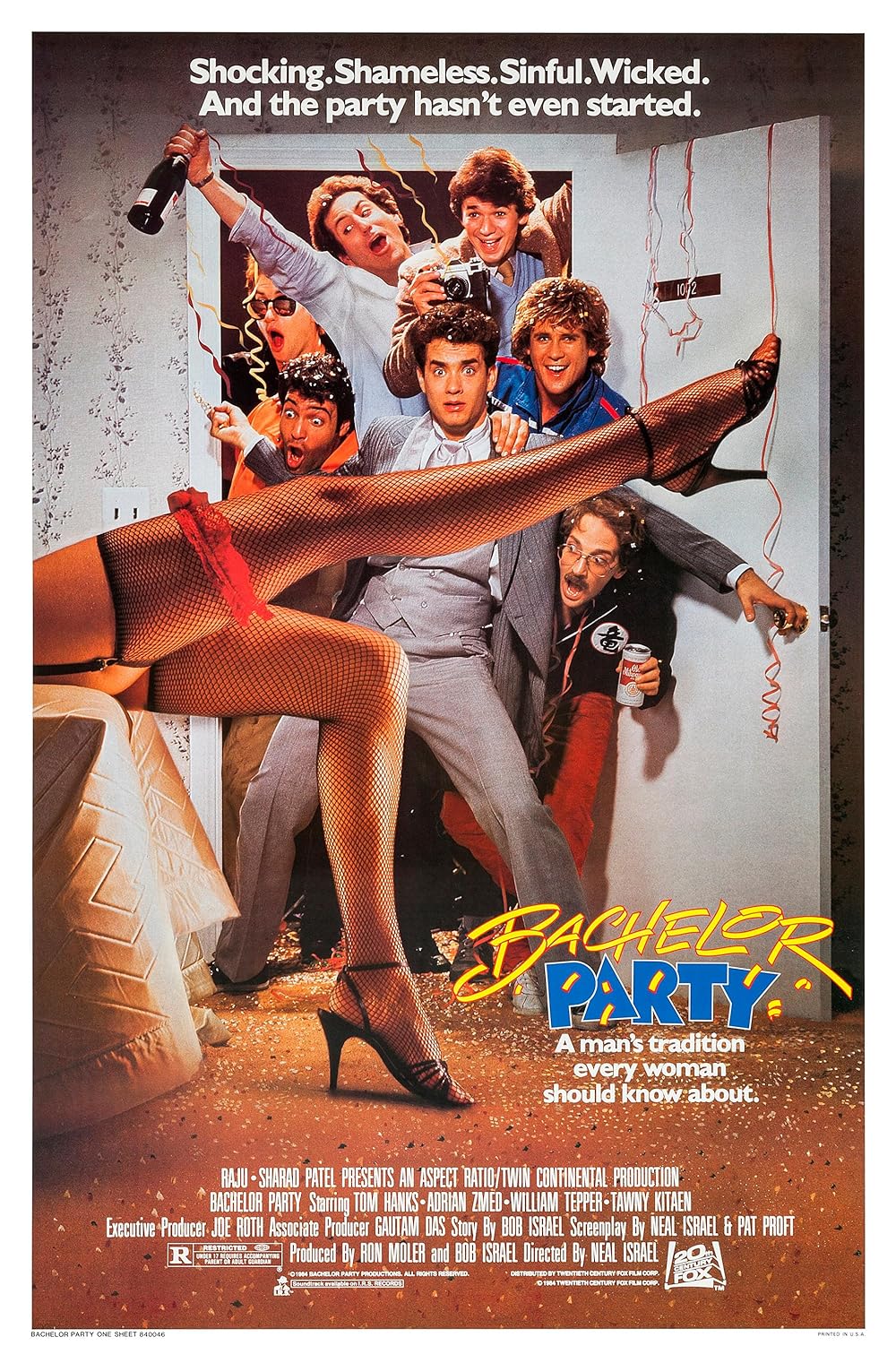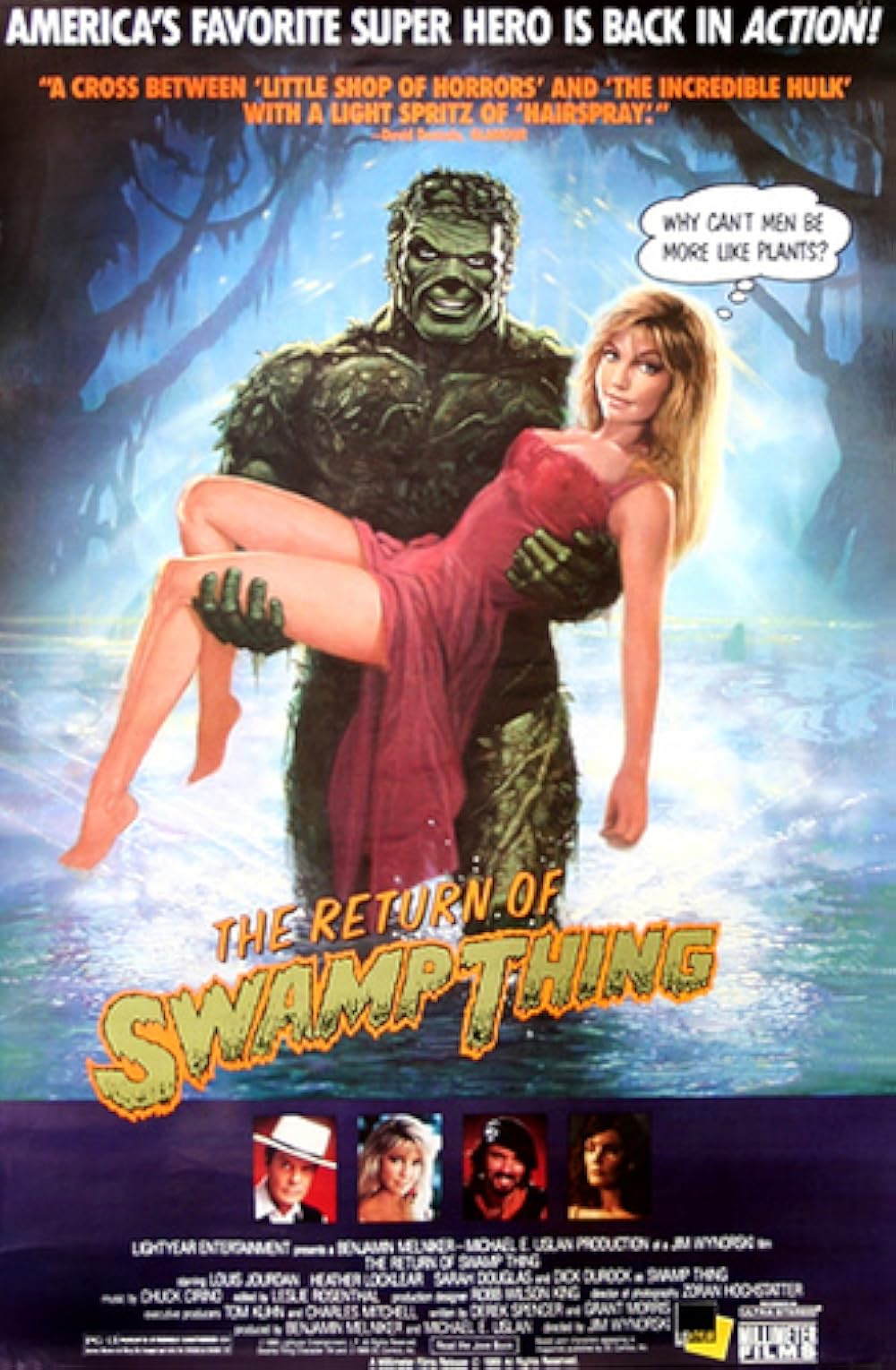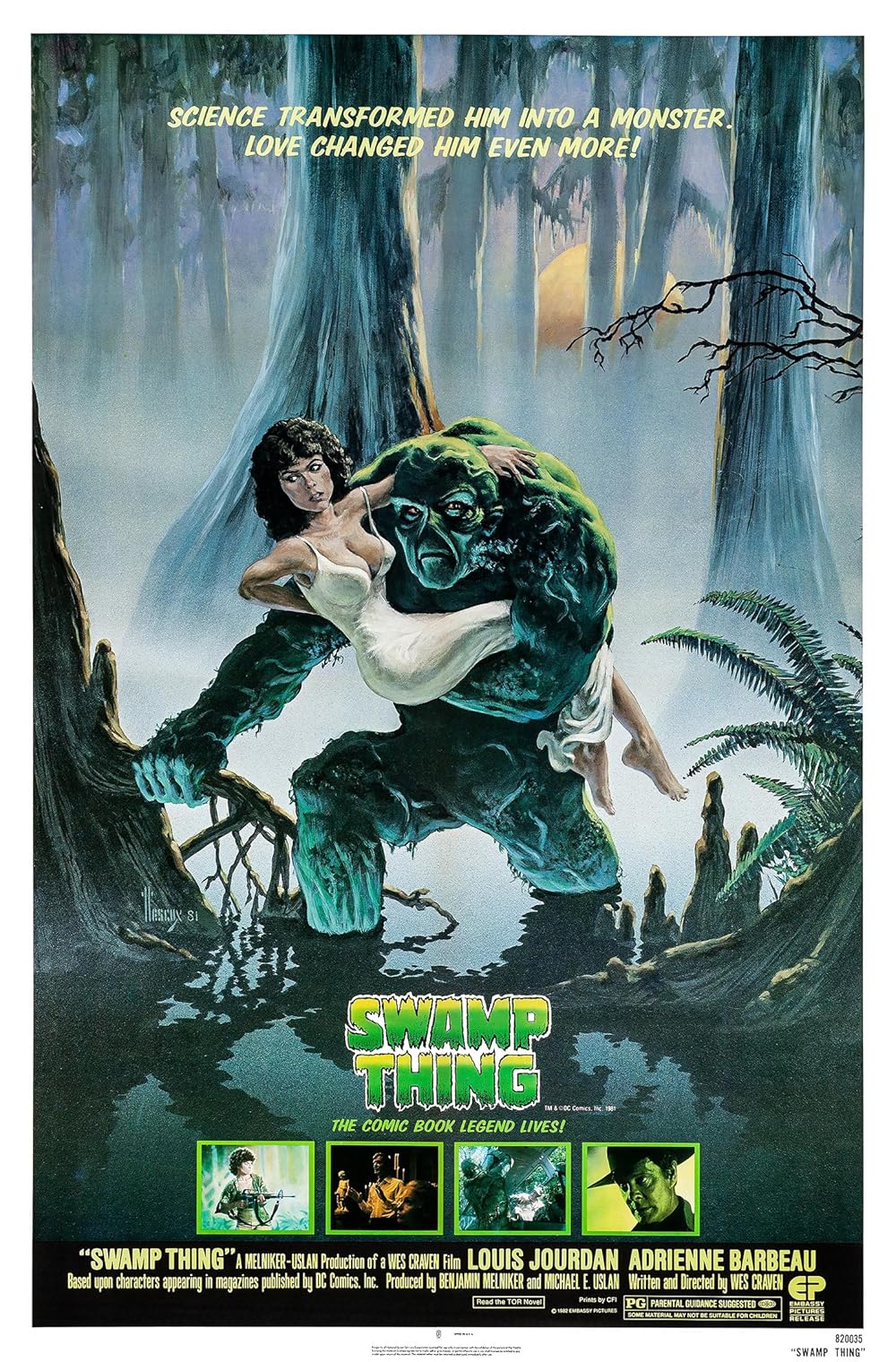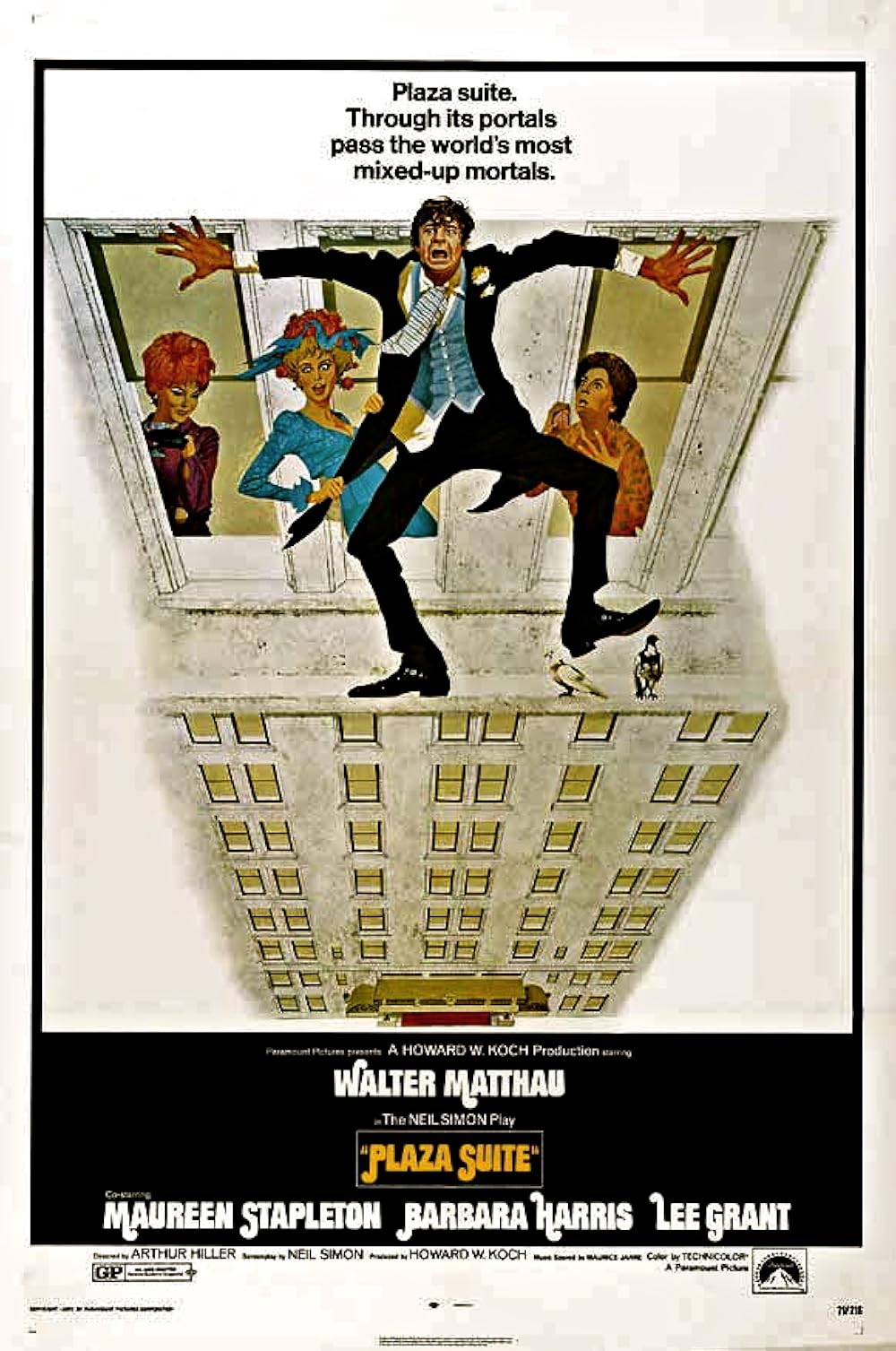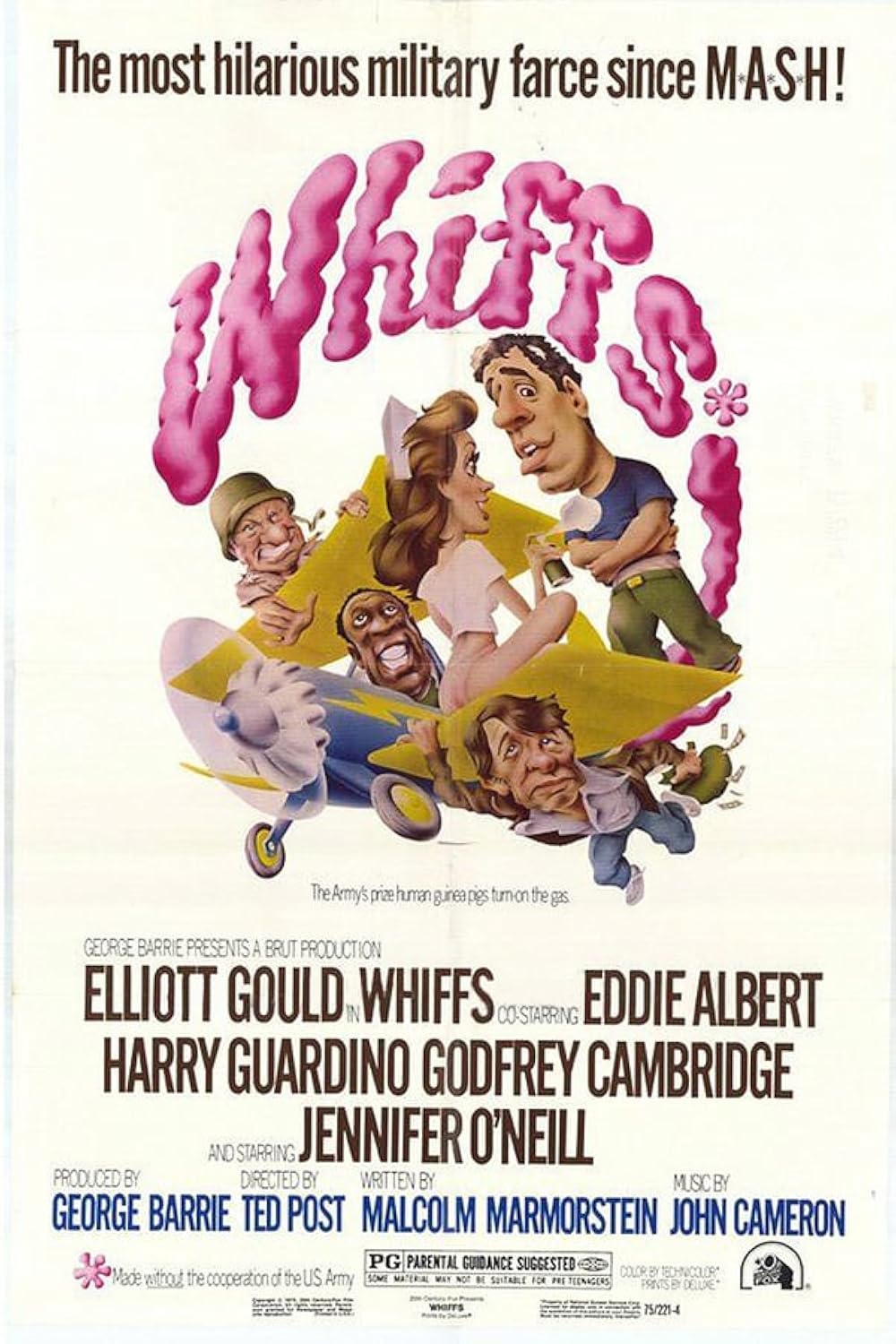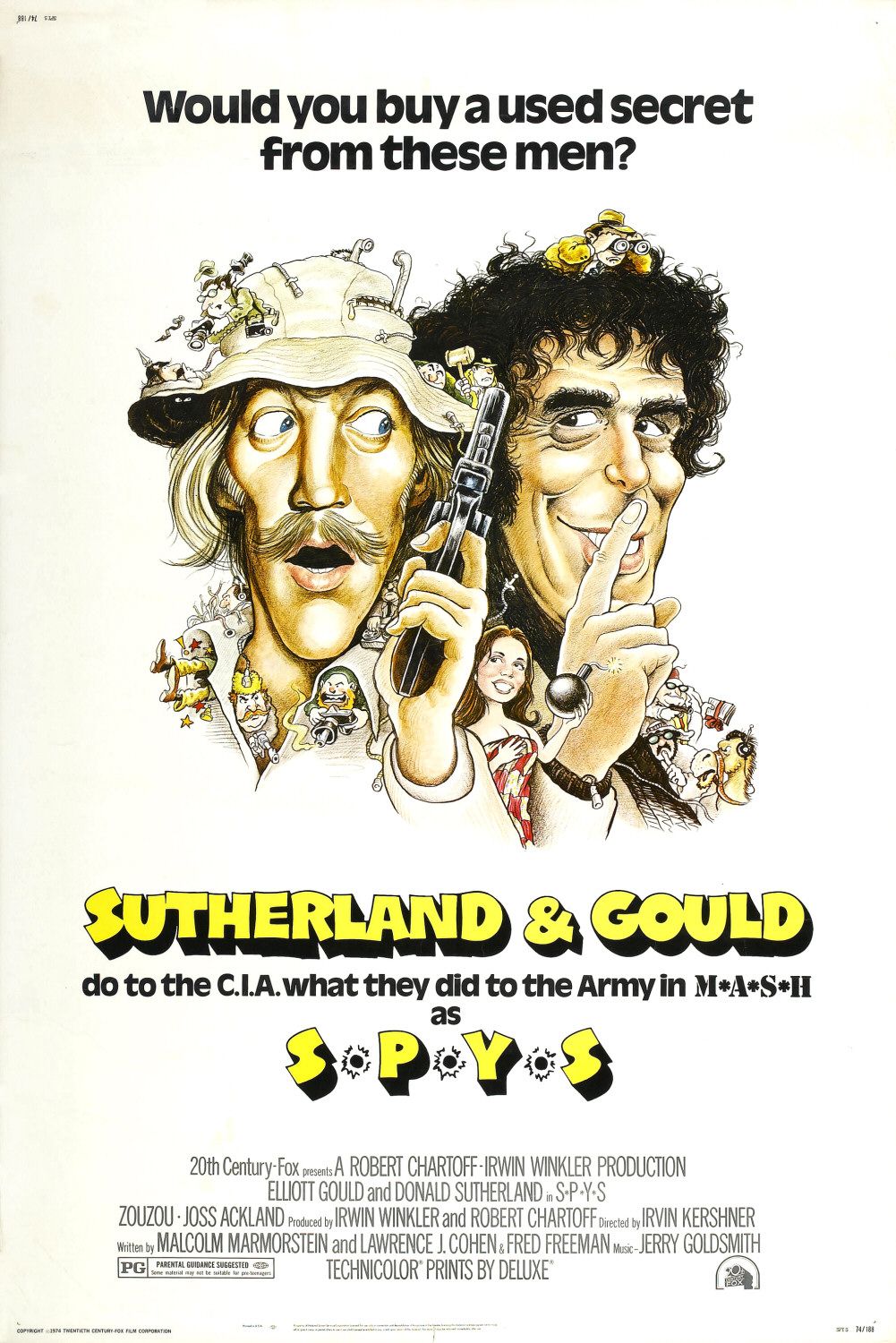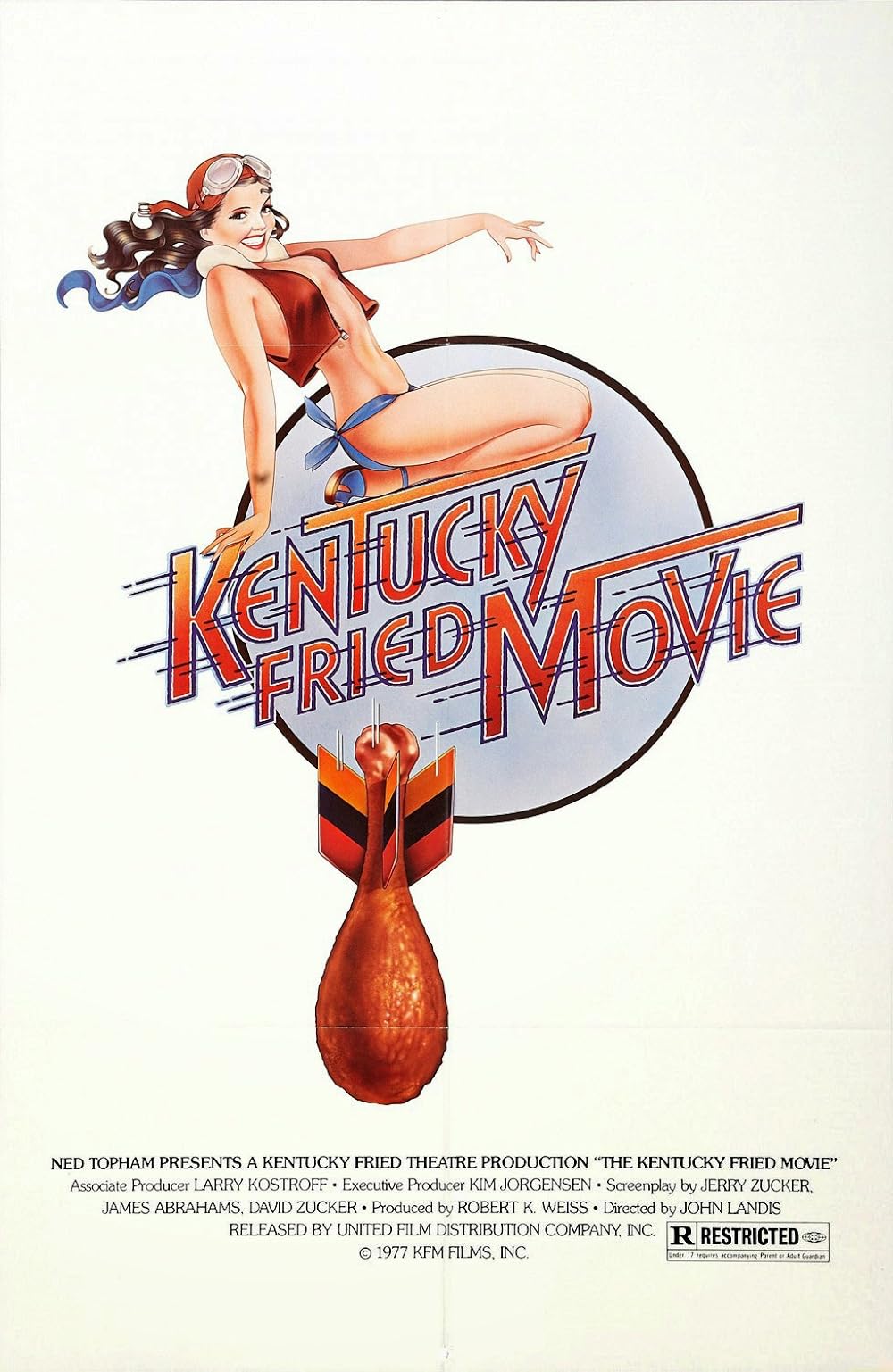By Richard Winters
My Rating: 7 out of 10
4-Word Review: Wild night before marriage.
Rick (Tom Hanks) has decided to settle down and get married to Debbie (Tawny Kitaen) after years of being a party animal. Debbie’s parents (George Grizzard, Barbara Stuart) do not approve of the impending union and enlist the help of Cole (Robert Prescott), Debbie’s former boyfriend, to try and break it up by attempting to win Debbie back. Meanwhile, Rick’s friend Jay (Adrian Zmed) decides to throw Rick a lavish bachelor party by renting out a hotel room, but things soon get completely out of control.
This was pinnacle of the crude 80’s movies where the comedy emphasis was on the vulgar and shocking and while there were plenty of films before and after that had the same format this one is probably the best. A lot of the reason for it is that it has four different scenarios working in tandem that eventually converge into one at the end. Cutting away to the different plotlines and characters helps keep the pace breezy and doesn’t make the story come off quite as one dimensional as with other crude comedies. There are some genuinely funny moments especially the ending sequence that features Rick getting into a fistfight with Cole in front of a movie screen showing a film and theater goers think it’s simply a part of the 3-D effects.
Yet as popular as this movie was, and I was around when it came out where it was a huge hit, you cannot find it streaming anywhere, which is initially baffling. However, when you go back and watch it, I hadn’t seen it since it was released, you can kind of see why as the humor is quite un-PC especially by today’s standards. A good example is at the beginning when Jay, who works as a child photographer, has a mother with big bosoms come in with her kid and he manages to ‘trick’ her into posing in provocative ways, which is something that only happens in a guy’s fantasy world. A woman with big breasts is well aware that it attracts men, so she would immediately recognized Jay’s not so subtle come-ons right away, might even be expecting it as most likely many guys before having done the same thing, and wouldn’t be so naive.
The male strip joint sequence that the ladies attend is kind of dumb too. It features one of the male strippers putting his penis on a tray between some hot dog buns and then ‘serving it up’ to Debbie’s mother (Stuart). However, nobody in their right mind would want to put their sexual organ up to a stranger for them to grab. What if they stretched, or scratched it? It’s making it too vulnerable to injury and if it does get injured could they sue, or because they literally shoved the thing in the woman’s face, would they be considered liable? No idea why Stuart’s hand seems to get ‘stuck’ with it either, but that’s another issue.
While Hanks is engaging his character is a bit over-the-top. He acts very juvenile when with the parents to the extent that I actually sided with the dad as I wouldn’t want my daughter marrying a complete clown like that either. You’d think if he wanted to impress the parents, he’d try to be more serious and upstanding. Had the film done it this way and the father still rejected him then you could sympathize with Hanks, but here his goofing around just makes things worse.
Hanks complete ambivalence in regard to his friend Brad (Bradford Bancroft) who threatens to kill himself and even attempts it, but Hanks blows it off like it’s ‘no big deal’ makes him seem like he doesn’t care about what’s now considered a very serious issue. He also, at a later point, dangles Cole out a hotel window several stories up with nothing more than bed sheets, which is quite dangerous because if the guy slips out of them, he’ll fall and die and thus putting Hanks and his pals on the hook for reckless homicide.
The worst part in the movie, and again I did like it overall, but I feel it’s important to get the negative aspects of it addressed, is the donkey scene. I’m not sure why the donkey was brought to the party, I guess so the lady stripper could perform bestiality, which is both illegal and very unsexy, but having it perish after ingesting a lot of drugs that had been laying around is sad. Then having its dead body show up in an elevator makes it even sadder. Granted they didn’t actually kill a real donkey, but the just the idea is terrible and if anything, they should’ve had the donkey live and run all through the hotel where it would scare the guests and staff, which would’ve been funnier.
My Rating: 7 out of 10
Released: June 29, 1984
Runtime: 1 Hour 45 Minutes
Rated R
Director: Neal Israel
Studio: 20th Century Fox
Available: DVD, Blu-ray

